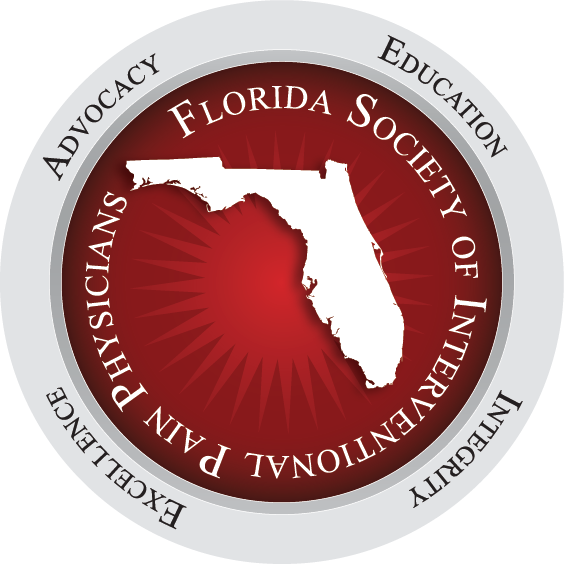AstraZeneca on October 5 submitted a request to the FDA for an Emergency Use Authorization (EUA) of its investigational long-acting antibody combination drug AZD7442 for the prevention of symptomatic COVID-19. The monoclonal antibodies—given as a 2-dose subsequent injection—are designed to remain in the body for up to a year and could be used in people who do not mount a strong immune response to a SARS-CoV-2 vaccine and those who have been advised to not take the vaccine, or as an extra precaution among certain populations, such as military personnel. In August, AstraZeneca said ADZ7442 reduced the risk of symptomatic COVID-19 by 77% when compared to a placebo in a Phase 3 trial including 5,197 participants, more than 75% of whom had comorbidities. The trial data are not yet published or peer-reviewed. If the FDA grants an EUA, the antibody therapy would be the first of its kind to be authorized as a pre-exposure prophylaxis option. In September, the FDA authorized Regeneron’s monoclonal antibody combination for post-exposure prophylaxis.
As expected, Pfizer and BioNTech on October 7 requested the FDA grant Emergency Use Authorization (EUA) for use of its SARS-CoV-2 vaccine in children ages 5 to 11. The FDA’s Vaccines and Related Biological Products Advisory Committee (VRBPAC) already scheduled an October 26 meeting to discuss the request. If the FDA authorizes the vaccine, about 28 million US children would become eligible for vaccination. The companies are proposing giving children a 2-dose regimen of 10μg doses administered 21 days apart, one-third of the adult dosage. Last month, the companies submitted to the FDA topline results from a Phase 2/3 clinical trial including 2,268 pediatric participants that showed a favorable safety profile and “robust neutralizing antibody responses.” While the FDA could work quickly to review data on the vaccine for younger populations, its availability will depend upon whether the companies can provide evidence they are able to appropriately manufacture and label a new pediatric formulation. Notably, children under age 18 accounted for 26.7% of reported weekly COVID-19 cases in the US for the week ending September 30, a disproportionate share of cases given they make up about 22.2% of the total US population, according to the American Academy of Pediatrics (AAP).
House lawmakers introduced legislation, H.R. 5165, on 6/01/21 (“Improving Medicare Coverage Act”) that would lower the age of eligibility for Medicare from 65 to 60. The change would expand Medicare to an estimated 23 million American seniors currently not eligible. Medicare provides health insurance coverage today to 54.1 million Americans aged 65 and older. Of course, the current trust fund for Medicare Part A is projected to deplete its reserves by 2026 so this sounds great except there is no funding.
CSSE is reporting 44,418,840 positive cases in the U.S. and 713,830 deaths. DOH reported for the week ending October 7, 3,601,755 confirmed cases in Florida with 56,667 deaths. Statewide 72% of the population has been vaccinated.



